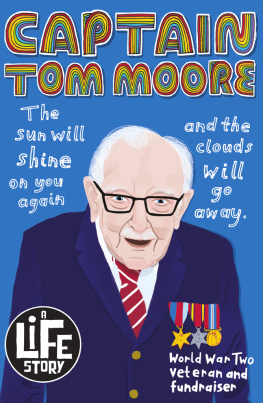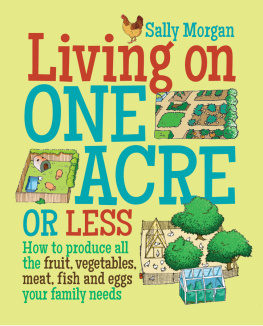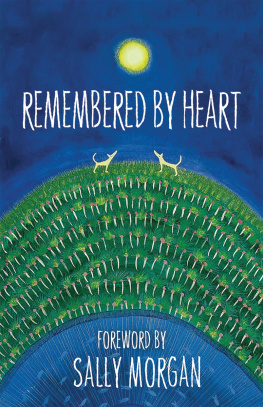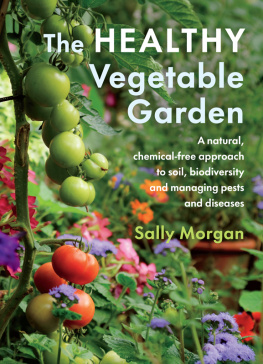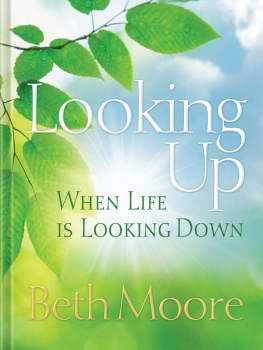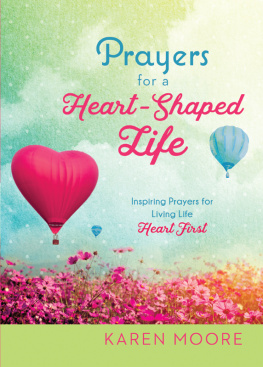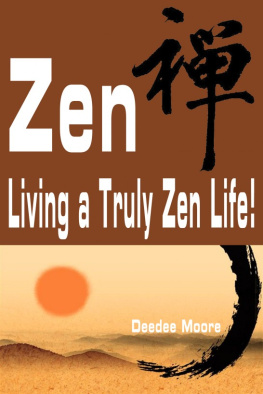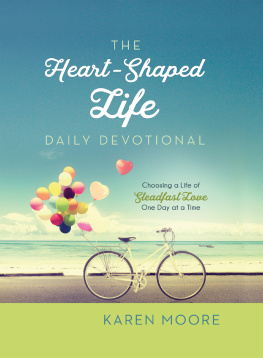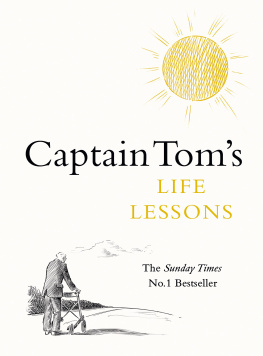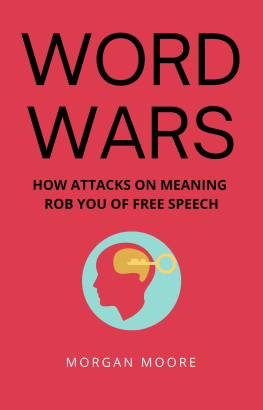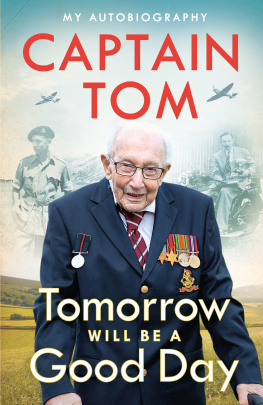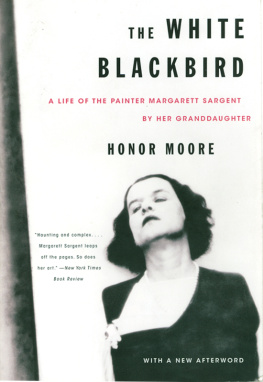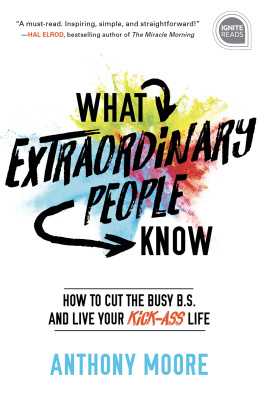
To my mum, Diane Pilkington, and to everyone who lost a loved one during Covid Well Meet Again
First published by Scholastic in the UK, 2021
Euston House, 24 Eversholt Street, London, NW1 1DB
Scholastic Ireland, 89E Lagan Road, Dublin Industrial Estate, Glasnevin,
Dublin, D11 HP5F
SCHOLASTIC and associated logos are trademarks and/or registered trademarks of Scholastic Inc.
Text Sally Morgan, 2021
Illustrations by Sarah Papworth
ISBN 978 0702 31232 8
A CIP catalogue record for this book is available from the British Library.
All rights reserved.
This book is sold subject to the condition that it shall not, by way of trade or otherwise, be lent, hired out or otherwise circulated in any form of binding or cover other than that in which it is published. No part of this publication may be reproduced, stored in a retrieval system, or transmitted in any form or by any other means (electronic, mechanical, photocopying, recording or otherwise) without prior written permission of Scholastic Limited.
Printed in the UK by CPI Group UK (Ltd), Croydon, CR0 4YY Paper made from wood grown in sustainable forests and other controlled sources.
1 3 5 7 9 10 8 6 4 2
www.scholastic.co.uk
*
CONTENTS
EXTRA CONTENT

AN ENEMY LIKE NO OTHER
O n 23 March 2020, Prime Minister Boris Johnson announced to the nation that the United Kingdom was facing a threat unlike anything seen on British shores for over a century. The country was under attack from an unseen enemy. An enemy with the potential to leave many thousands of people dead. The enemy was a virus known as the COVID-19 virus. COVID-19, was first identified in Wuhan, China in 2019, but spread quickly. It was now spreading within the United Kingdom.

For months, the UK government watched as COVID-19 spread around the world, infecting hundreds of thousands of people and devastating the healthcare systems of the countries it passed through. The new virus was highly infectious and affected people in different ways. Some people got very sick very quickly, with symptoms which included coughing, severe shortness of breath and a high fever. However, as scientists learned more about the virus, they discovered some people reported subtler symptoms such as a loss of taste and smell, and stomach problems such as vomiting and diarrhoea. Even more mysteriously, some people infected by the virus had no symptoms at all but were still capable of passing it on to others.
Finding out more
Scientists all over the globe dropped what they were doing and set to work studying the virus to find out more about how it spread and why it affected people in such different ways. They needed to devise tests that could be performed quickly to find out who had the virus and who didnt. They needed to find out how the virus passed from person to person. They needed to design systems for telling people if they had been in contact with an infected person and whether they needed stay away from others. They needed to find medicines that were effective at treating people with the virus, and most importantly of all, they needed to formulate a vaccine to prevent people from catching the disease in the first place.
While scientists worked around the clock to unravel the mysterious virus, doctors and nurses in National Health Service (NHS) hospitals worked tirelessly to treat the people who came through their doors. The most severely ill patients filled the beds in intensive care units quickly. These patients were put on machines called ventilators, which helped them breathe while their bodies fought off the virus. The doctors and nurses did everything they could, but as more people contracted the virus it became harder and harder for them to keep up with the number of people needing help. Soon it would be impossible there would be no more beds or ventilators for those who needed them. Something needed to be done and fast.
THE FIGHT AGAINST COVID-19
National Lockdown
To give scientists more time to find solutions and to take the pressure off the NHS, Prime Minister Boris Johnson told the nation he needed everybodys help to slow the spread of the disease and save lives.
FROM THIS EVENING I MUST GIVE THE BRITISH PEOPLE A VERY SIMPLE INSTRUCTION YOU MUST STAY AT HOME.
Boris Johnson
People were only allowed to leave their homes to go to work (if they were unable to work from home), shop for essential items, exercise, or provide care for a vulnerable person.
The decision had not been easy. For weeks the government watched as countries around Europe locked down to prevent the spread of the virus. The UK government had hoped they would be able to avoid it, by recommending people wash their hands and stay two metres (six feet) apart, but it hadnt been enough. The virus was spreading quickly, the hospitals were full, people were dying and the NHS was at risk of collapse.
The government hoped that keeping people in their homes as much as possible would slow the virus passing from person to person and take the pressure off the NHS. They also hoped it would give them a chance to buy more equipment, such as ventilators and protective clothing for hospital staff, search for new treatments, work on a vaccine and roll out a testing system.
EACH AND EVERY ONE OF US IS NOW OBLIGED TO JOIN TOGETHER. TO HALT THE SPREAD OF THIS DISEASE. TO PROTECT OUR NHS AND TO SAVE MANY, MANY THOUSANDS OF LIVES. AND I KNOW THAT AS THEY HAVE IN THE PAST SO MANY TIMES, THE PEOPLE OF THIS COUNTRY WILL RISE TO THAT CHALLENGE. AND WE WILL COME THROUGH IT STRONGER THAN EVER. WE WILL BEAT THE CORONAVIRUS AND WE WILL BEAT IT TOGETHER. AND THEREFORE I URGE YOU AT THIS MOMENT OF NATIONAL EMERGENCY TO STAY AT HOME, PROTECT OUR NHS AND SAVE LIVES.
Boris Johnson
Life at home
While it became known as a national lockdown, nobody was really locked inside their homes, even if they felt like they were. They were allowed to get out to exercise, go to work and shop for essentials, but they were not allowed to gather with others. This national lockdown meant different things for different people.
People in Lockdown
For children, lockdown meant that unless their parents were essential workers they couldnt go to school. Instead, they had to learn at home, either using electronic devices, such as smartphones or computers, or completing paper assignments sent home by their teachers.
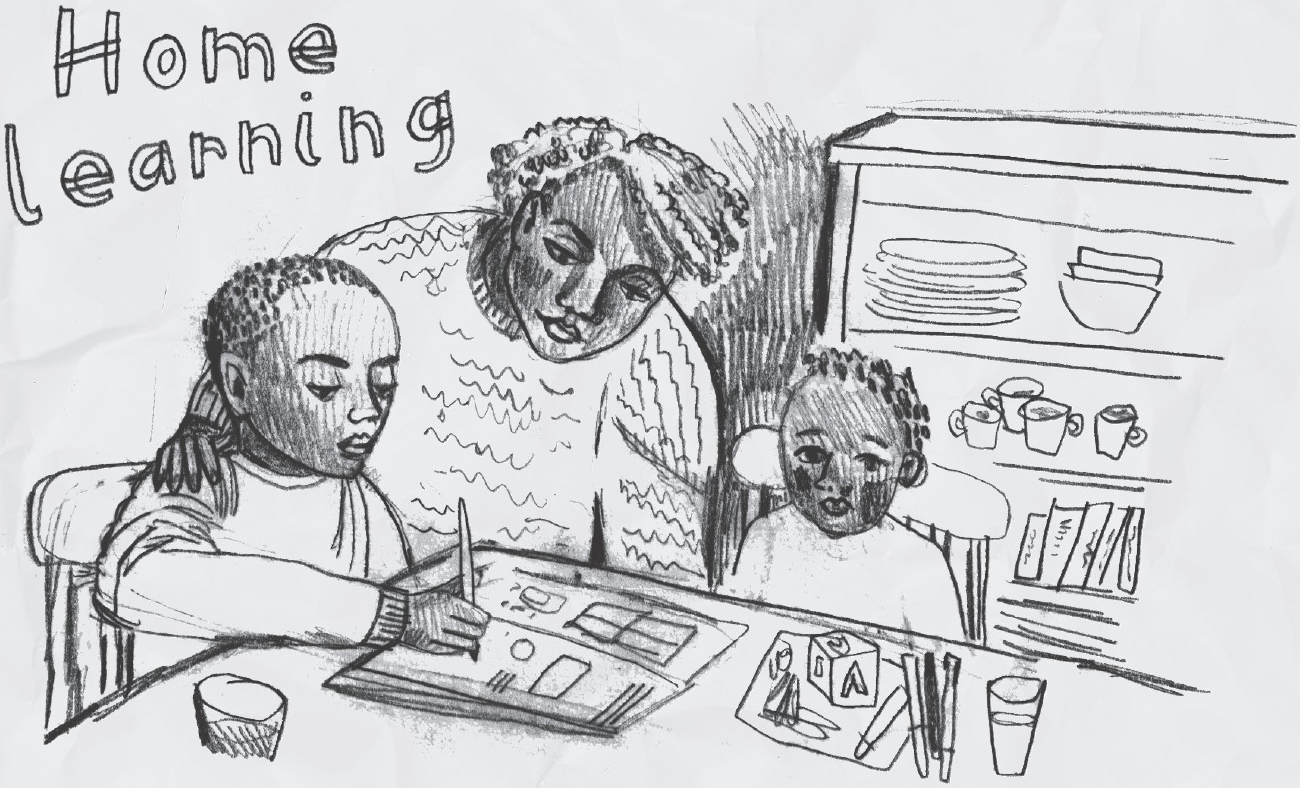
Lockdown meant not being to play with their friends or go round to their houses. It meant no birthday party get-togethers. For many, lockdown meant not being able to see their grandparents or any family members who didnt live with them.
For parents, lockdown meant working from home if they were able, while trying to look after and teach their children. It meant worrying about older relatives that didnt live in the household. For many people, with so many businesses closed, it also meant worrying about whether they would lose their jobs.
For people who lived alone, it meant not seeing anyone at all. No cups of tea with friends and no hugs.
For elderly people, and people with health conditions that made them more at risk from the virus, lockdown meant no visits from friends, family or grandchildren.
Next page
